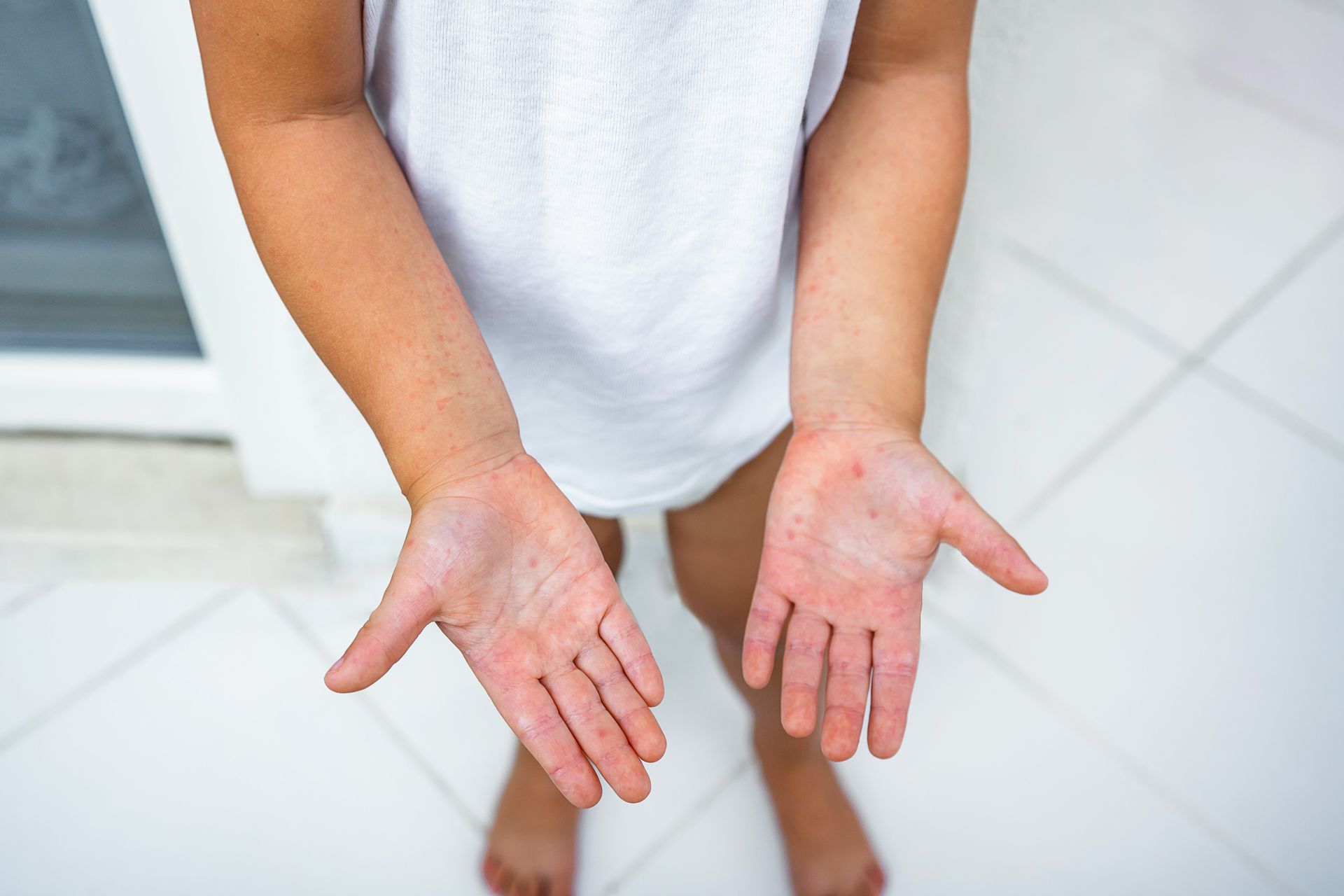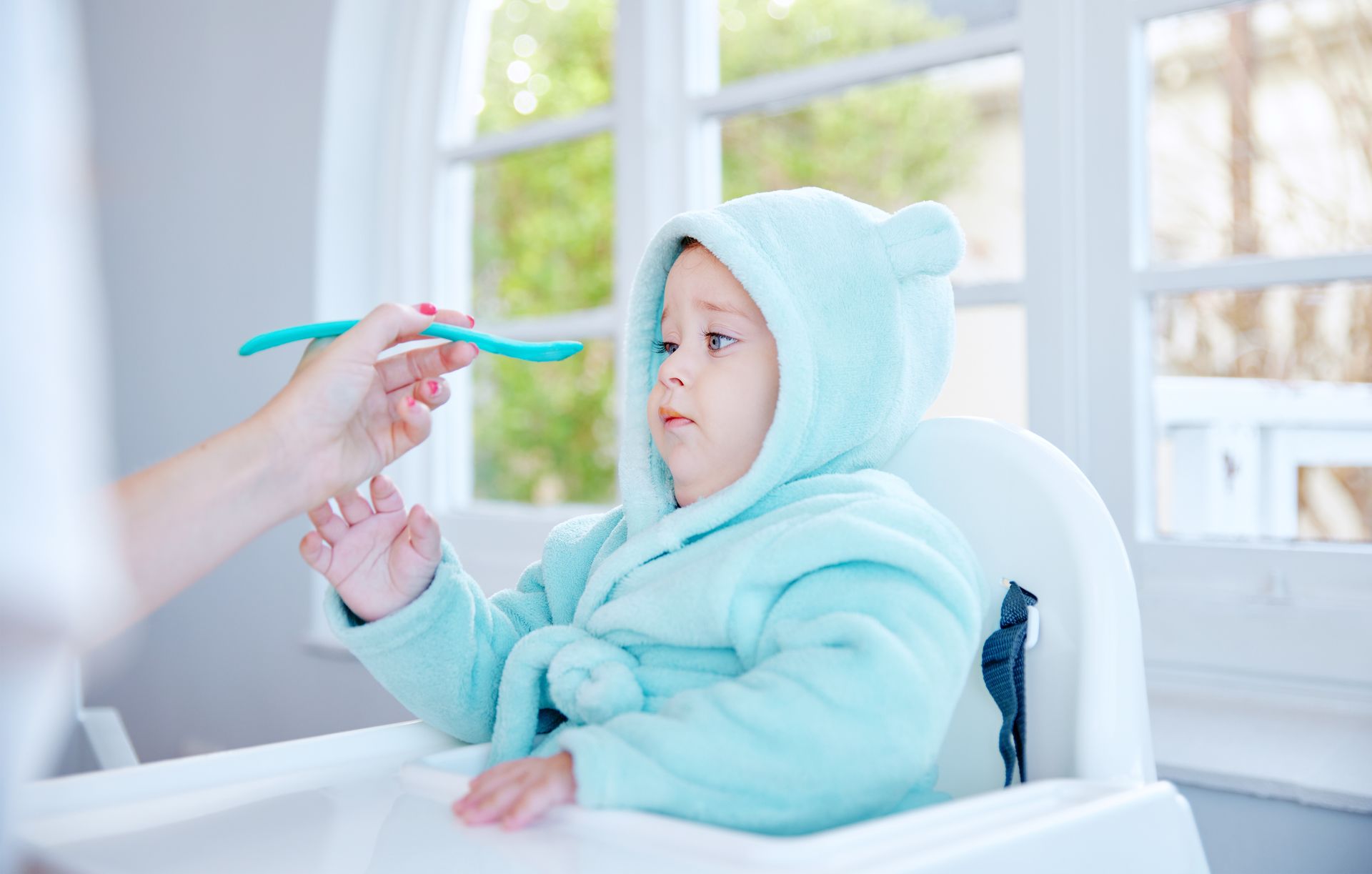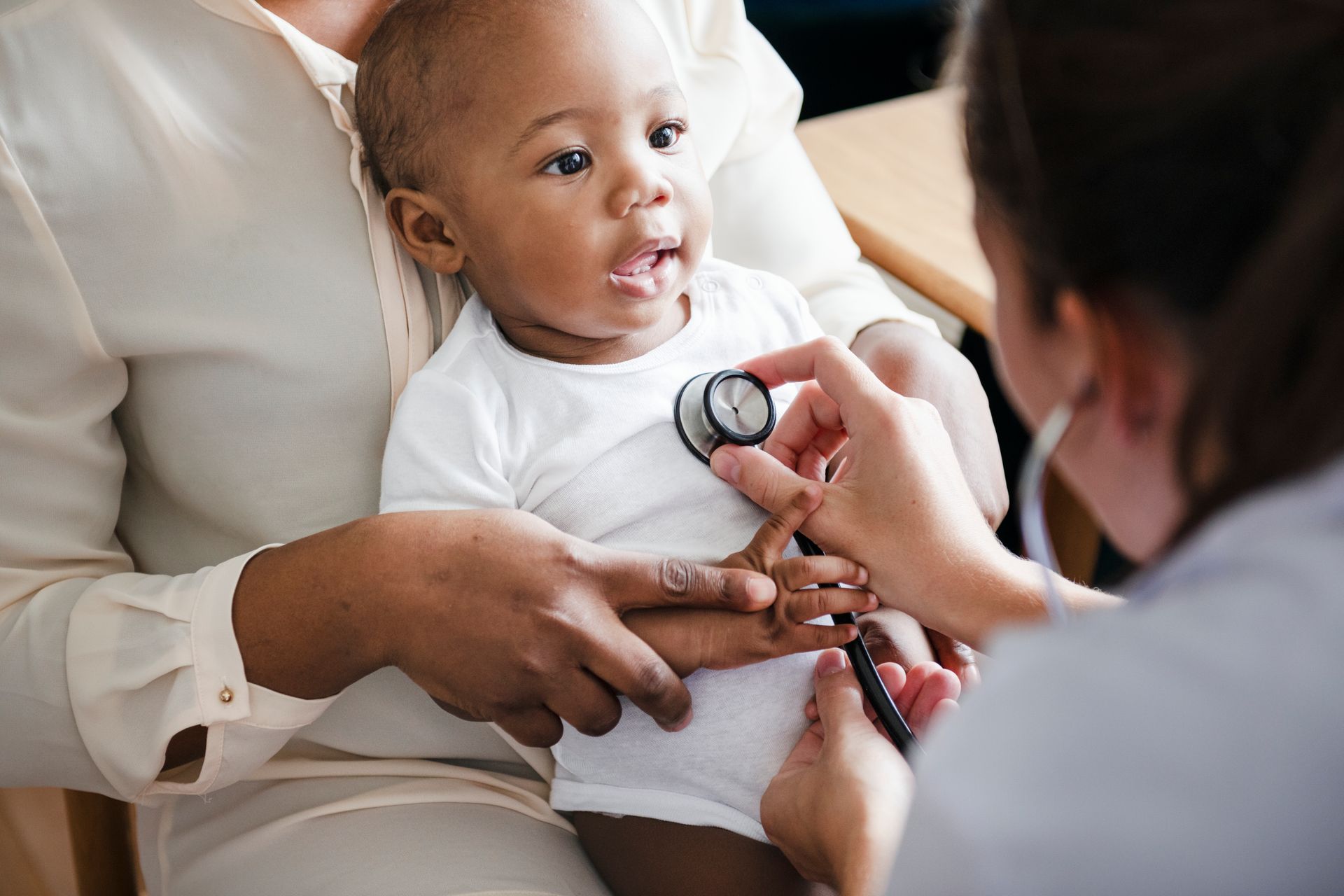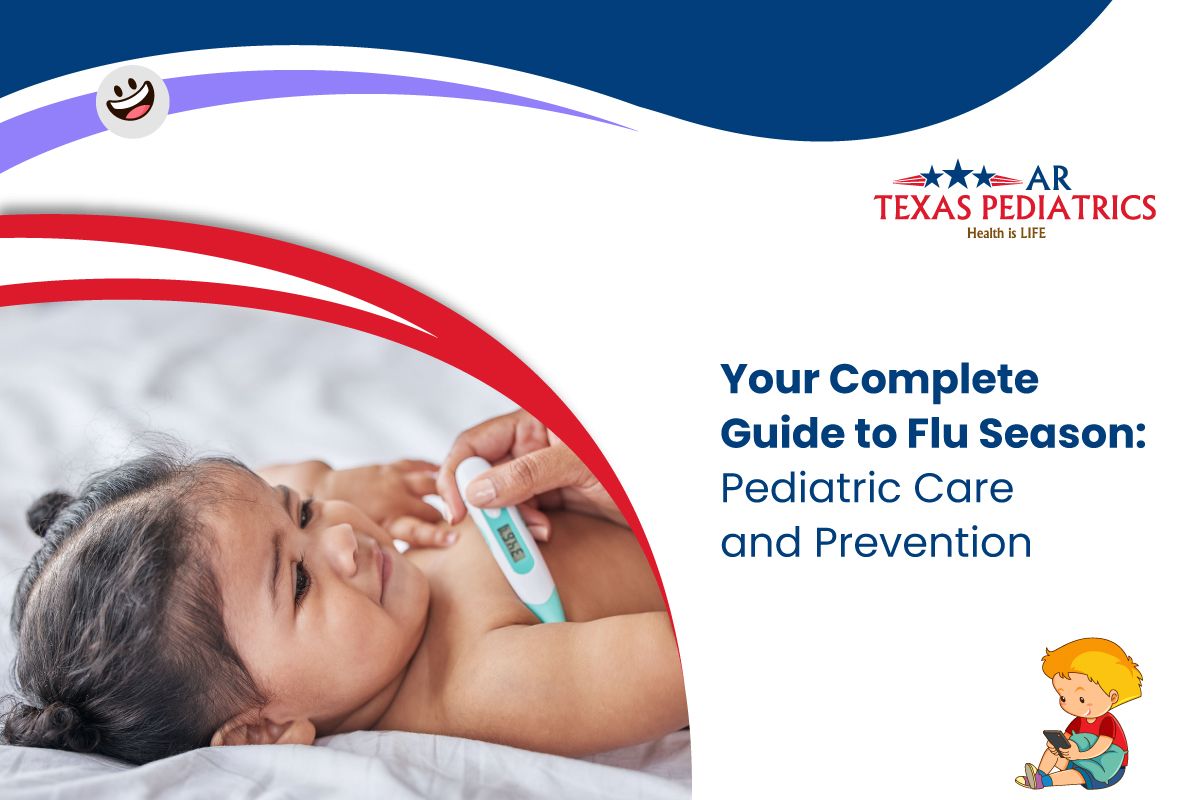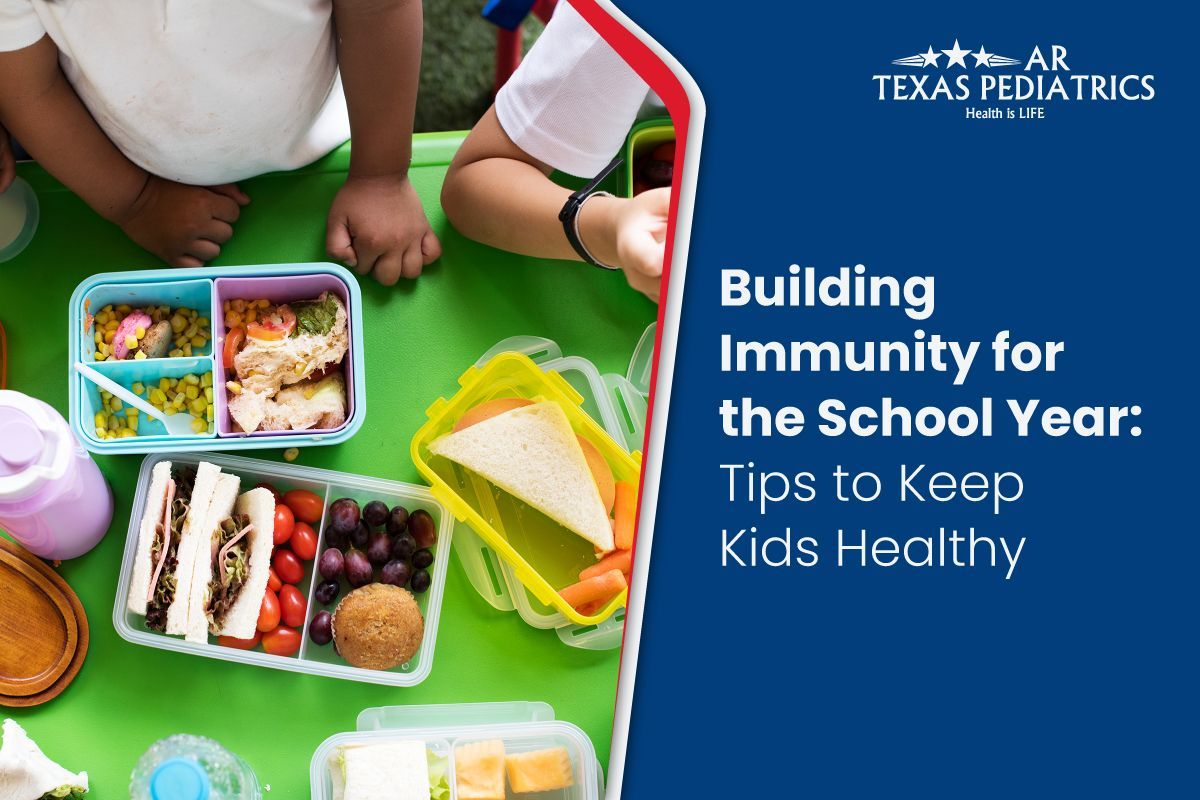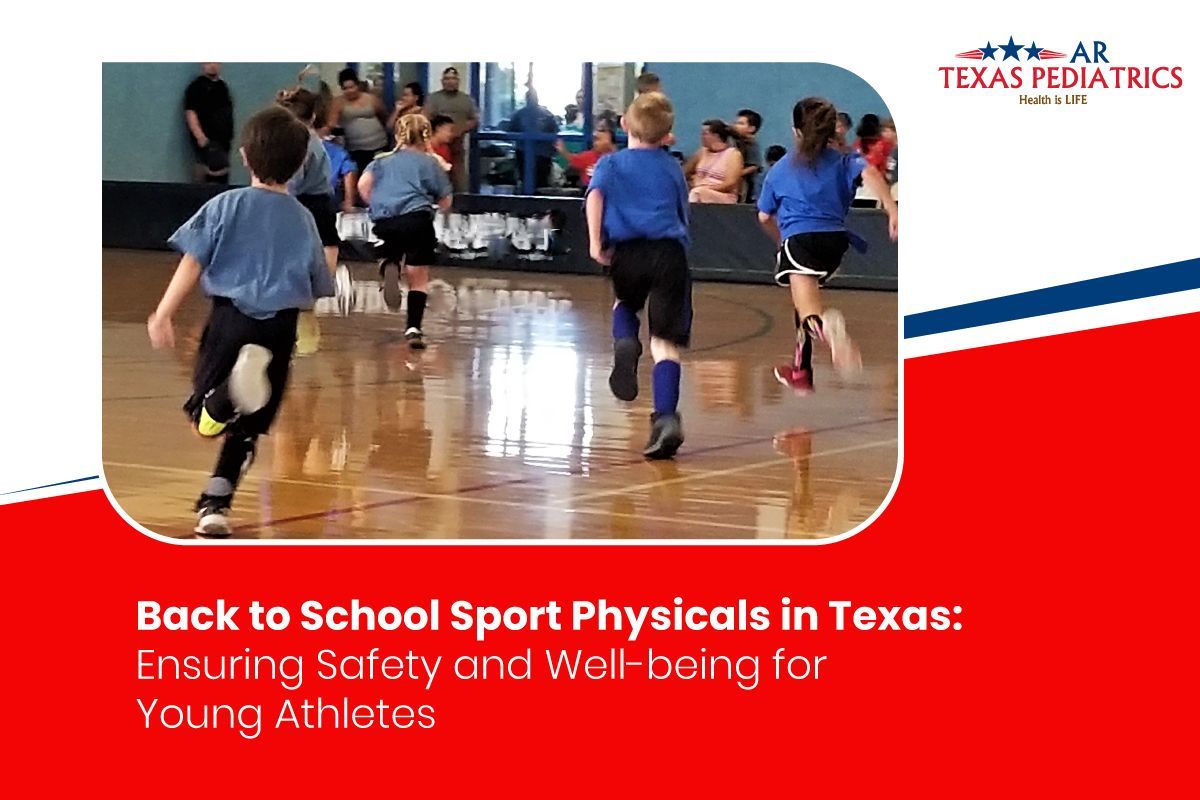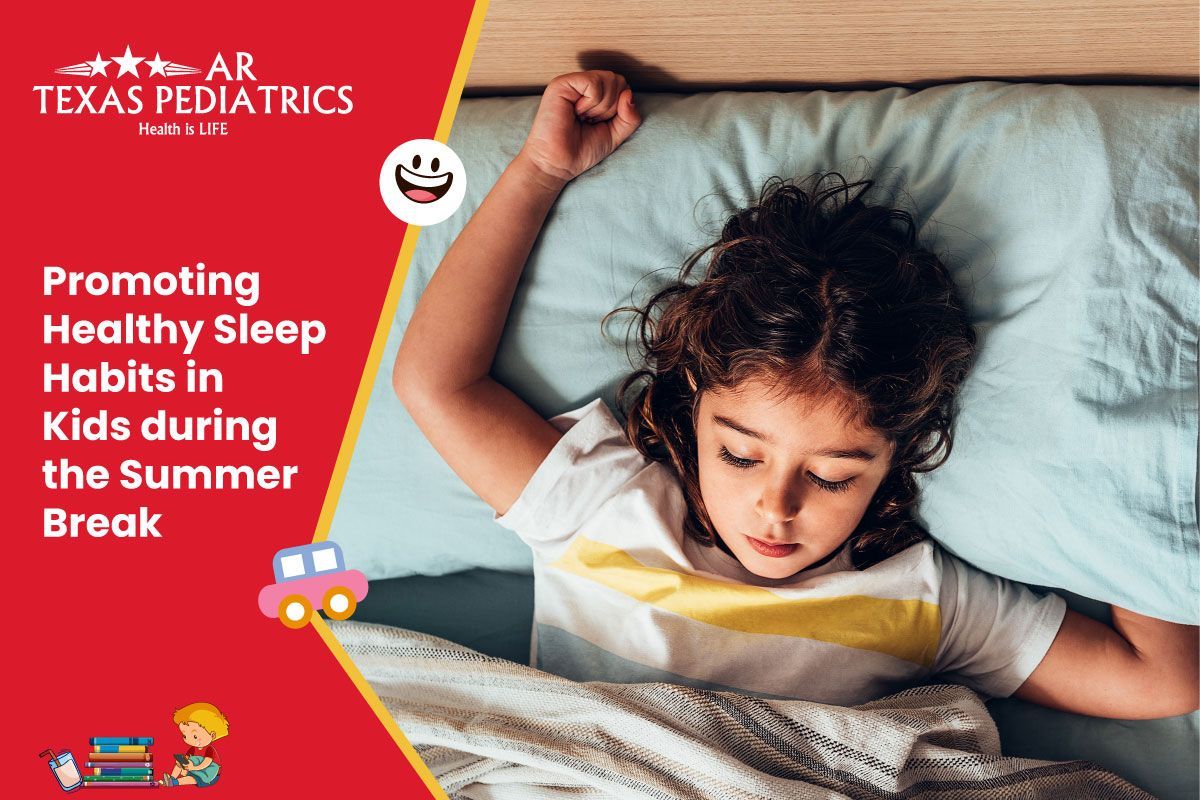
PHONE & EMAIL
Is RSV Contagious? Tips for Minimizing the Spread in Your Home
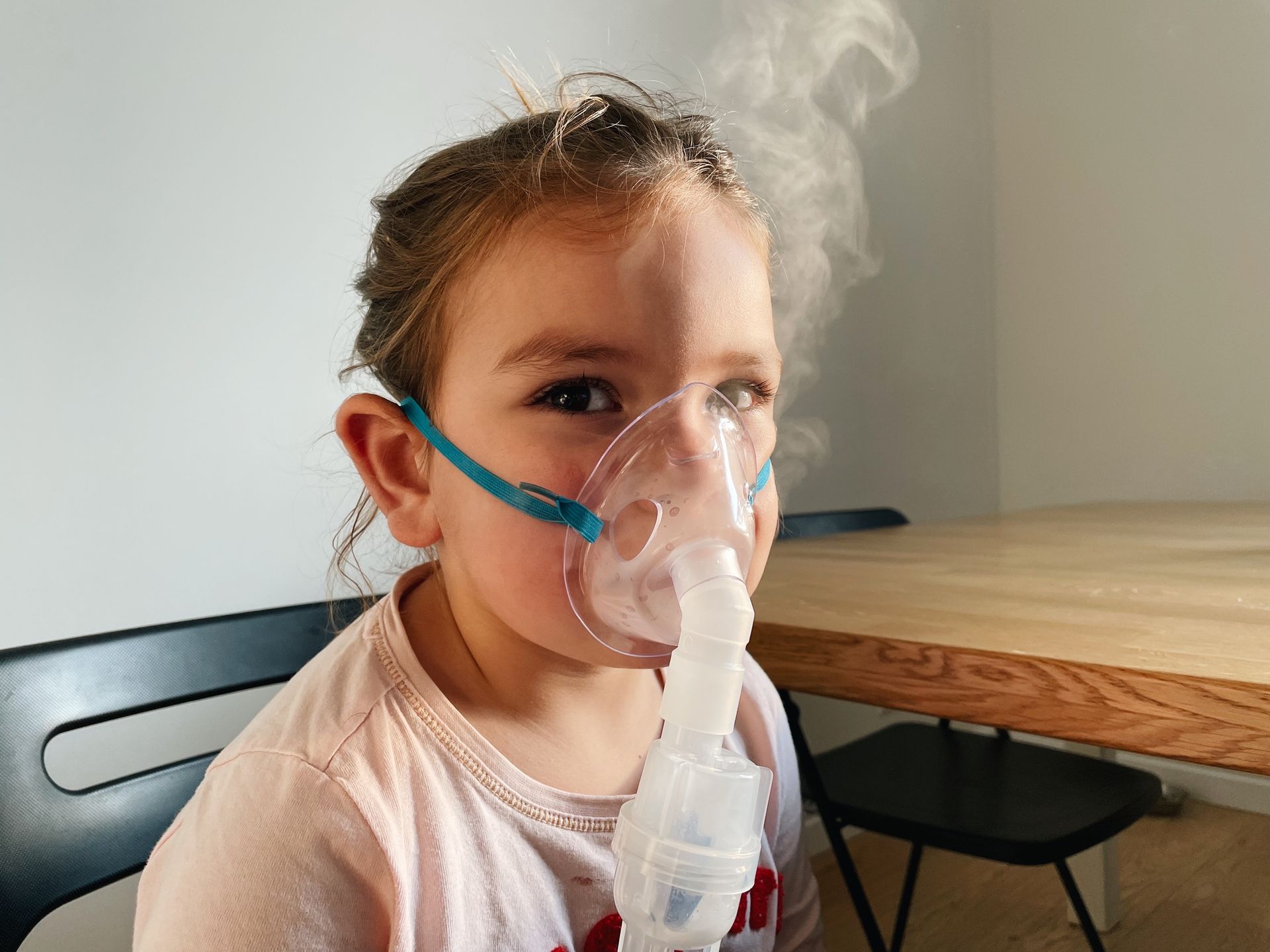
As parents, we constantly navigate the intricate web of childhood illnesses, and respiratory syncytial virus (RSV) seemingly lurks at every corner. As it threatens the health of our precious little ones, we can’t help but ask multiple pressing questions. That’s what this blog aims to address, unraveling the mysteries surrounding RSV and providing essential insights and actionable tips to minimize its spread within the confines of your home.
Is RSV Contagious?
Understanding the Contagious Nature of RSV
RSV is highly contagious. Being communicable adds complexity to the management of RSV-caused sickness, making it crucial for parents to be well-informed of how this virus works.
Every year, in the United States, approximately
58,000 children under the age of five need hospitalization due to RSV infection. The most significant risk of severe infection occurs among premature, low birth weight infants and those under six months old. Children with existing conditions, like congenital heart disease, are also at a higher risk. Additionally, environmental factors like crowded living conditions, attending daycare, and exposure to tobacco smoke or air pollutants can heighten the risk of individual RSV infections.
Is RSV Contagious Without a Fever?
Contrary to common misconceptions, RSV is still contagious even without a fever. This makes it imperative for parents to stay vigilant, as seemingly mild symptoms can still pose a risk of transmission. Timely intervention plays a pivotal role in minimizing the transmission within your home.
Insights on the Contagiousness Period of RSV
How Long is RSV Contagious?
The contagiousness period of RSV varies, and understanding its timeline is paramount for effective containment. On average, RSV remains infectious for about 3 to 8 days, with peak contagiousness occurring in the first few days.
Unraveling the RSV Incubation Period
Equally significant is RSV’s incubation period. RSV typically incubates for 2 to 8 days post-exposure before symptoms manifest. This silent incubation phase is what makes preemptive measures crucial, especially after potential exposure to RSV.
Exposure to RSV and Transmission Without a Fever
Navigating the Shadows: RSV After Exposure
Exposure to RSV can occur in various settings, from daycare facilities to family gatherings. Recognizing potential exposure is vital for implementing preventive strategies. Even without a fever, RSV can spread, making it imperative to stay vigilant, especially during the winter months when RSV activity peaks.
Decoding RSV: Recognizing the Telltale Signs
For parents, being watchful and recognizing the early symptoms of Respiratory Syncytial Virus (RSV) is paramount for timely intervention. Let's delve into the subtle yet crucial indicators that your child may have encountered this respiratory foe.
- Persistent Cough
A persistent cough, often mistaken for a common cold, is one of the initial signs of RSV. If your child's cough lingers and seems more intense than usual, it's time to pay closer attention.
- Labored Breathing
RSV can cause difficulty in breathing, especially in younger children. Watch for signs like rapid or irregular breathing patterns, flaring nostrils, or audible wheezing during everyday activities.
- Nasal Congestion and a Runny Nose
While a runny nose is typical in children, RSV can exacerbate nasal symptoms. Consider the possibility of RSV if other symptoms accompany your child's persistent congestion and runny nose.
- Fever
While not always present, RSV can cause fever in some cases. Regularly monitor your child's temperature, especially if other symptoms like cough and breathing difficulties are evident.
- Irritability and Fatigue
Pay attention to changes in your child's behavior. Irritability, increased fussiness, and unexplained fatigue can be subtle indicators that something more than a common cold might be at play.
- Worsening of Pre-Existing Conditions
For children with pre-existing respiratory conditions like asthma, RSV can exacerbate symptoms. Keep a close eye on any sudden worsening of existing conditions, as it may signal RSV involvement.
Minimizing the Spread: Practical Tips for Parents
Strategies to Shield Your Home
- Isolate Early
If a family member shows symptoms, isolate them promptly to halt the spread within the household.
2. Prioritize Hand Hygiene
Emphasize regular handwashing, a simple yet effective measure to reduce RSV transmission.
3. Disinfect High-Touch Surfaces
Regularly disinfect surfaces like doorknobs, toys, and shared items to minimize the risk of contamination.
4. Observe Respiratory Etiquette
Instruct children to shield their mouths and noses while coughing or sneezing to avoid the dispersion of respiratory droplets.
RSV Prevention at a Glance
For Infants and Toddlers:
- Two Options for Baby Protection
- RSV Vaccine During Pregnancy
- Administered 32–36 weeks during RSV season (September–January in most of the U.S.)
- Provides antibodies to protect your baby after birth
- Reduces the need for RSV immunization later
- RSV Antibody Immunization for Babies
- Experts recommend administering them to infants younger than eight months entering their first RSV season.
- In some cases, healthcare providers may recommend it even if the mother received an RSV vaccine.
- Additional Dose for Certain Groups
- Children between eight and 19 months entering their second RSV season should receive an additional dose.
- We especially recommend it for individuals with chronic lung disease, severe immunocompromised status, and severe cystic fibrosis.
Frequently Asked Questions About Exposure to RSV
Can my child still be contagious after recovering from RSV?
Yes, individuals can remain contagious even after symptoms subside. It is essential to maintain preventive measures, like practicing hand hygiene and avoiding close contact, until a healthcare professional verifies the conclusion of the contagious period.
Can RSV be transmitted through inanimate objects?
Yes, RSV can survive on surfaces for several hours, making transmission possible through contaminated objects. Consistently cleaning and disinfecting frequently touched surfaces can reduce the potential for indirect transmission.
Can RSV be contracted more than once?
Yes, individuals can be infected with RSV multiple times throughout their lives. While reinfections are common, the severity of symptoms often decreases with subsequent exposures.
Guarding Our Haven: A Unified Approach to RSV Defense
Understanding the contagious nature of RSV equips parents with the knowledge needed to protect their families. By implementing practical tips and remaining vigilant, we can minimize the spread of RSV within our homes. As parents, our commitment to fostering a healthy environment is vital to helping our children avoid or overcome this contagious adversary.
Ready to take the first step towards safeguarding your little one from the contagious threat of RSV? At
AR Texas Pediatrics, we recognize the significance of fostering a healthy environment for your child. Dial (281) 484-7619 or click the "Make an Appointment" button to prioritize their well-being.

Grow Your Career with Us
We offer exceptional pediatric services across Houston. Be part of our dedicated team and help foster healthier futures for children.
Quick Links
Services
Services
Address:
HOUSTON:
Quick Links
Services
Contact Info:
AR Texas Pediatrics | All Rights Reserved





